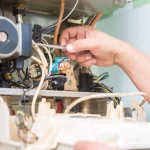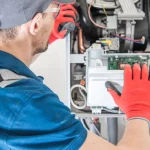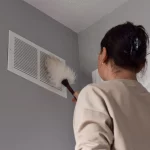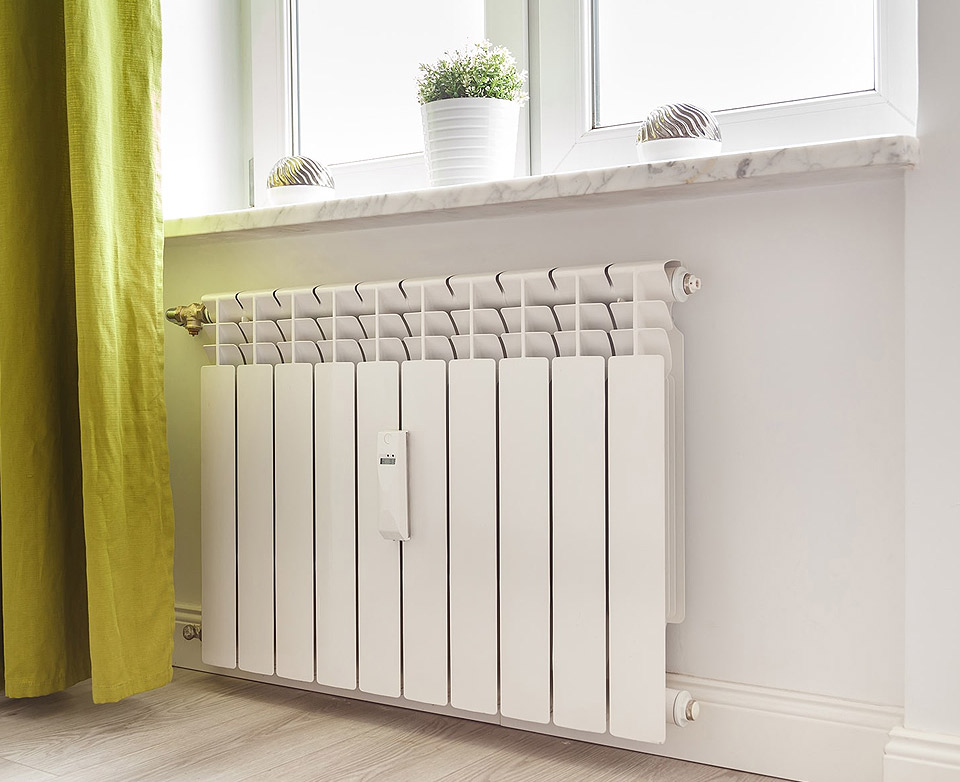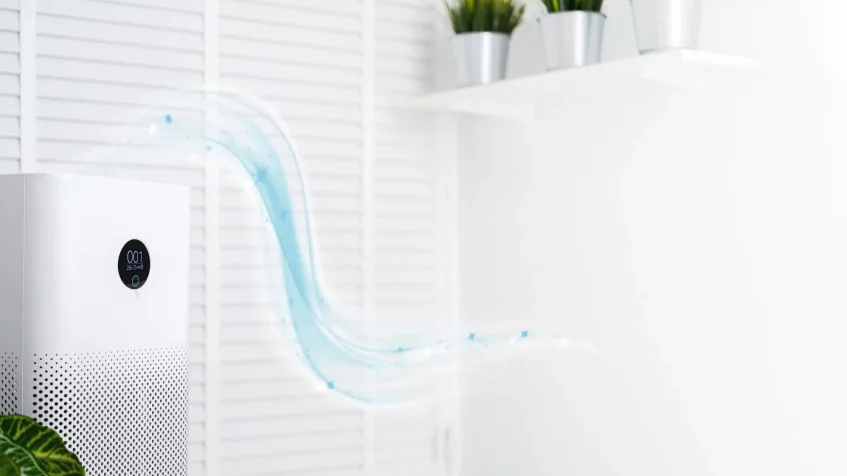
Air Purifiers: Your Comprehensive Guide to a Healthier Home
In the hustle and bustle of modern life, where we spend the majority of our time indoors, the air we breathe at home plays a pivotal role in our overall well-being. The quest for a healthier home environment has led many to consider the benefits of air purifiers, devices designed to enhance indoor air quality and contribute to a fresher, cleaner atmosphere. In this comprehensive guide, we’ll delve into the importance of clean air, explore the different types of air purifiers available, and provide practical tips to help you choose the right one for your specific needs.
The Importance of Clean Air:
Air, an invisible yet essential component of our lives, has a direct impact on our health. While we often associate pollution with outdoor environments, studies show that indoor air can be equally or even more polluted. The culprits? A combination of allergens, pollutants, and microscopic particles that can have adverse effects on respiratory health, trigger allergies, and contribute to an overall decline in well-being.
This is where air purifiers come into play. These devices are designed to filter and clean the air in our homes, removing pollutants and allergens, and creating an environment that supports better health. Understanding the significance of clean air is the first step towards making informed decisions about integrating air purifiers into your home.
Understanding Air Purifiers:
Air purifiers come in various shapes and sizes, each equipped with different technologies to target specific airborne contaminants. High-efficiency particulate air (HEPA) filters, for example, excel at capturing minuscule particles like dust, pollen, and pet dander. Activated carbon filters, on the other hand, specialize in trapping odors and volatile organic compounds (VOCs).
When contemplating the purchase of an air purifier, it’s crucial to consider the size of the room it will inhabit, as well as the specific pollutants you aim to address. If pet allergies are a concern, a purifier with a HEPA filter might be the ideal choice. On the other hand, if lingering cooking odors are an issue, a purifier with an activated carbon filter would be more suitable.
Types of Air Purifiers:
- HEPA Air Purifiers:
HEPA filters, known for their high efficiency, are the gold standard for capturing airborne particles. These purifiers are ideal for individuals with allergies or asthma, as they effectively remove common allergens, providing relief for those with respiratory sensitivities. - Activated Carbon Air Purifiers:
If your primary concern is eliminating odors and chemical fumes, an air purifier with activated carbon is your go-to choice. These filters excel at trapping and neutralizing unwanted smells, making them particularly beneficial in kitchens or areas prone to lingering odors. - UV-C Light Purifiers:
UV-C light purifiers utilize ultraviolet light to kill bacteria, viruses, and other microorganisms. They are excellent for preventing the spread of airborne illnesses, making them a valuable addition to homes, especially during flu seasons. - Ionic Air Purifiers:
Ionic purifiers release negatively charged ions that attach to positively charged particles, causing them to settle. While effective in removing certain pollutants, it’s essential to note that some individuals may be sensitive to the ozone produced by these purifiers.
Choosing the Right Air Purifier:
Now that we have a basic understanding of the types of air purifiers available, let’s delve into some practical tips to guide you in choosing the right one for your home.
- Room Size Matters:
The effectiveness of an air purifier is closely tied to the size of the room it serves. Consider the square footage of the space where you intend to use the purifier and choose a model that is designed for that specific room size. This ensures optimal performance and maximum air purification. - Filter Replacement Costs:
Every air purifier comes with the inevitable need for filter replacements. Some purifiers feature washable filters, while others require regular replacements. It’s crucial to factor in the cost and frequency of filter changes when making your purchase, as this ongoing expense is a critical consideration for long-term maintenance. - Noise Levels:
Noise can be a deciding factor, particularly if you plan to place the air purifier in a bedroom or a commonly used living area. Check for the noise levels of the purifier and look for models that offer a “sleep” or “quiet” mode for minimal disruption during restful hours. - Energy Efficiency:
Energy consumption is a concern for many households. Opt for energy-efficient models that won’t significantly impact your electricity bill. Many air purifiers come with an Energy Star certification, indicating that they meet strict energy efficiency guidelines set by environmental protection agencies.
In conclusion, investing in an air purifier is a proactive and meaningful step towards creating a healthier home environment. With the plethora of options available, understanding your specific needs and considering factors such as room size, filter types, noise levels, and ongoing costs will guide you towards selecting the right air purifier for your unique situation.
Breathe easy and enjoy the benefits of cleaner air as you take control of your indoor environment with the help of an effective air purifier. Your well-being deserves the investment, and with the right choice, you can create a haven of fresh, clean air within the walls of your home. Here’s to a healthier and happier living space for you and your loved ones!



